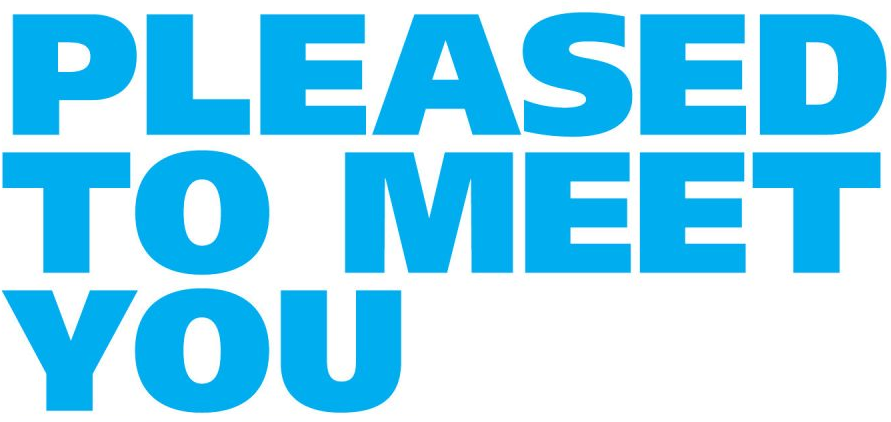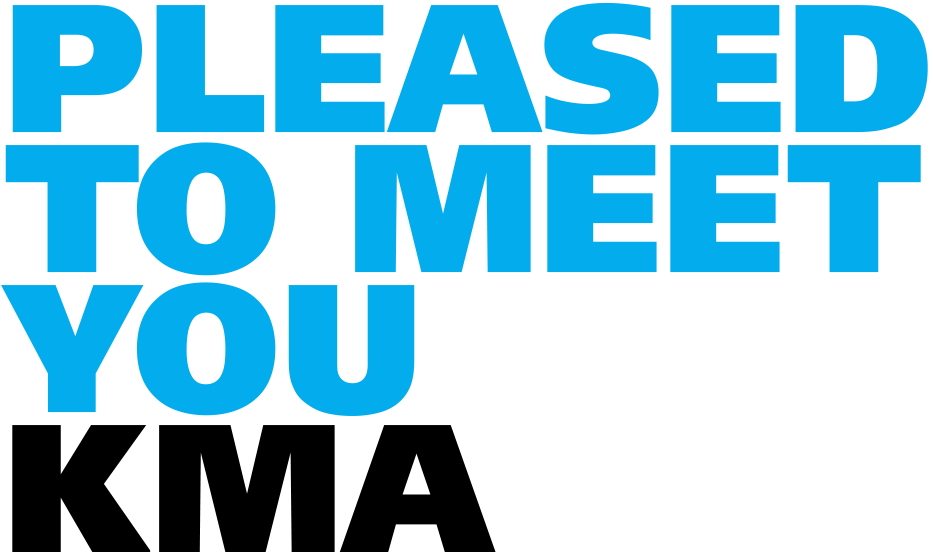KMA photo #7964: View of Paul Lake, boats and swimmers
Ethical Stewardship At The KMA
Questions and comments about ethical stewardship can be directed to the KMA’s general email address, [email protected] and will be appropriately routed from there.
The Kamloops Museum and Archives recognizes its Eurocentric legacy. We acknowledge that the collections are the cultural heritage of the communities they come from. Understanding that Euro-Canadian museums stem from imperialism and colonial expansion, which can continue to cause inequities. We are committed to addressing these issues through ethical stewardship.
Our museum ethically stewards its collections, demonstrating a commitment that reinforces confidence in our valuesThis means promoting historical reflection and guiding museums to be more equitable and inclusive. We build respectful, open, and reciprocal relationships with descendant communities and other heritage stakeholders, sharing authority with these communities to ensure culturally responsive care and interpretation of collections.
Ethical stewardship at the Kamloops Museum and Archives recognizes and sustaining the rights and interests of the people whose cultural heritage is in the museum. This includes addressing the legacies of colonial and racial biases, honest dialogue with diverse communities, centring Indigenous agency and resilience in narratives, valuing community knowledge and voices, and sharing authority with communities for culturally appropriate practices. These principles guide all museum decisions, with a commitment to ongoing reflection.
Decolonization and Reconciliation
Nations and communities are taking decisive steps towards decolonization and reconciliation, with repatriation being just one facet of this movement. Local engagement and community-driven cultural and heritage initiatives are key. These efforts actively challenge power structures, advancing people’s rights and self-determination.
These initiatives reimagine colonial political systems, empowering local communities and amplifying diverse voices in storytelling. The Kamloops Museum and Archives actively builds a more just and inclusive future, grounded in respect and collaboration with the communities it serves.
For any comments or questions, please reach out to Julia Cyr, the Museum Supervisor, at [email protected].
Our Commitment
Repatriation and Ethical Stewardship
We at the Kamloops Museum and Archives believe that it is our responsibility to ethically manage the cultural heritage of the peoples represented by the collections:
- We actively confront historical biases at the museum and engage in open, honest dialogue with all communities whose cultural heritage is housed in the collections.
- We prioritize the values, knowledge and voices of the communities we serve.
- We achieve effective and appropriate museum practices by sharing authority with the communities.
- Additionally, we strive to center the agency and resilience of Indigenous communities in both historical and contemporary narratives.
The KMA continually reflects on these principles to ensure our practices align with them.
Moreover, unless expressly requested through an appropriate consensual model led by an Indigenous cultural institution, the KMA does not accept items that originate from Indigenous communities or represent expressions of Indigenous ways of being.
Additionally, this policy underscores our commitment to respecting Indigenous cultural autonomy and ensuring that their heritage remains under their control.
The KMA will, wherever it can, facilitate and support with efforts to repatriate an item to its Nation of origin.
Resources:
First Peoples Cultural Council standing together to revitalize First Nations Languages, Arts, Cultures and Heritage in British Columbia.
Published June 2025, From Stealing to Healing: Repatriation and B.C. First Nations, is a comprehensive guide to the history, context, and impacts of repatriation for First Nations in B.C.
Repatriation Cost Analysis: A Framework and Model, is a resource to assess stages of repatriation and estimates for the resources needed for this work.
Resource Library on Cultural Heritage and decolonization practices.
-
Admission By Donation Suggested
$1 per child & $3 per adult.
Frequently Asked Questions -
Museum Hours
Tuesday - Saturday: 9:30am - 4:30pm
Sunday & Monday: Closed -
Archive Hours
Tuesday - Friday: 1:15pm - 4:00pm
Saturday: By Appointment
Sunday & Monday: Closed -
Please Note:
The admissions desk may ask that you check your bags and any food and beverages upon entry.
We encourage you to talk in our galleries, have fun, and discuss the content and artifacts you see as you make your way around the building. Laugh, cry, and remember that we like hearing our galleries active!





